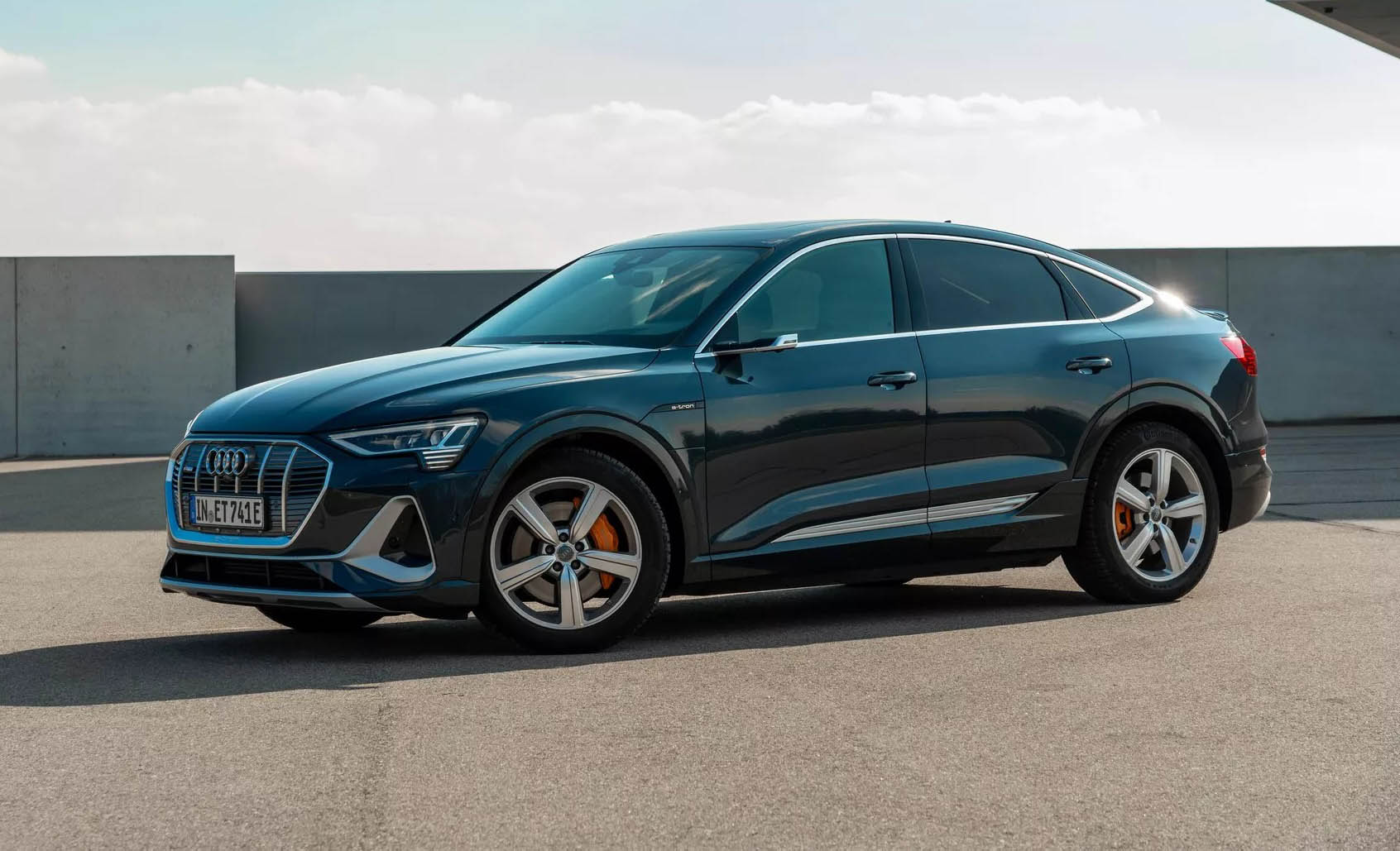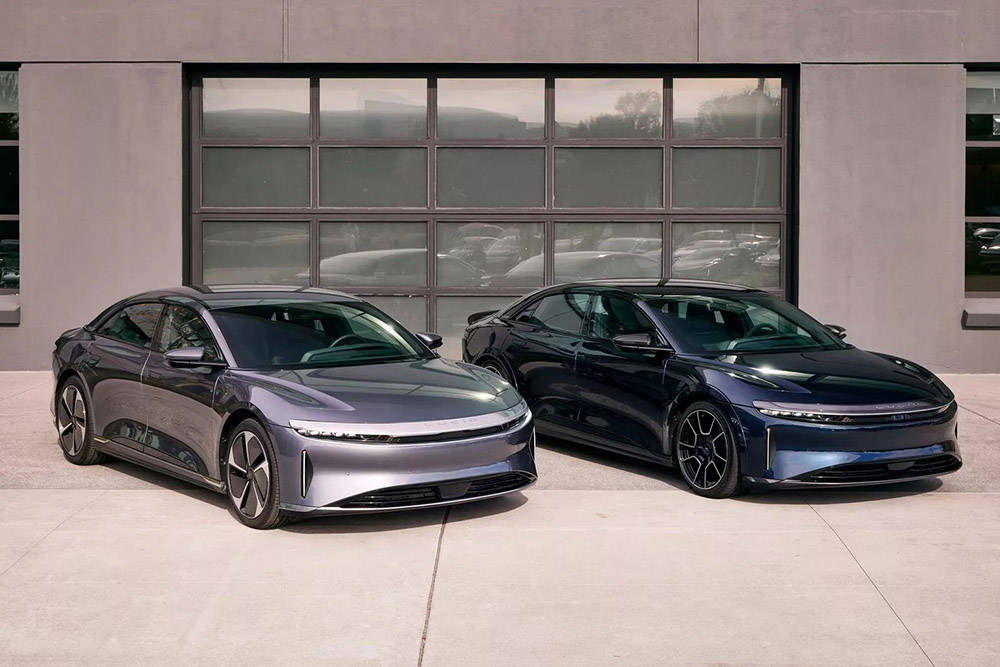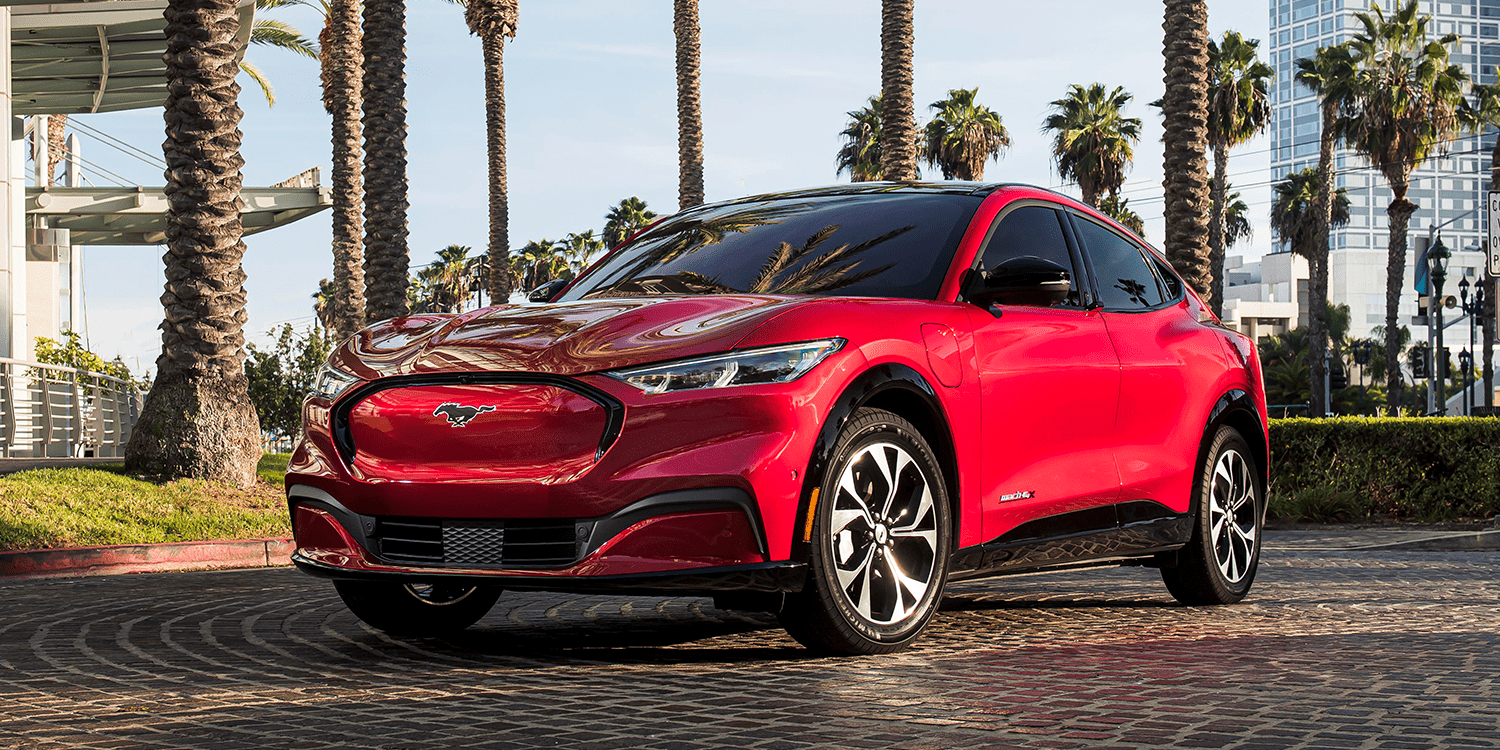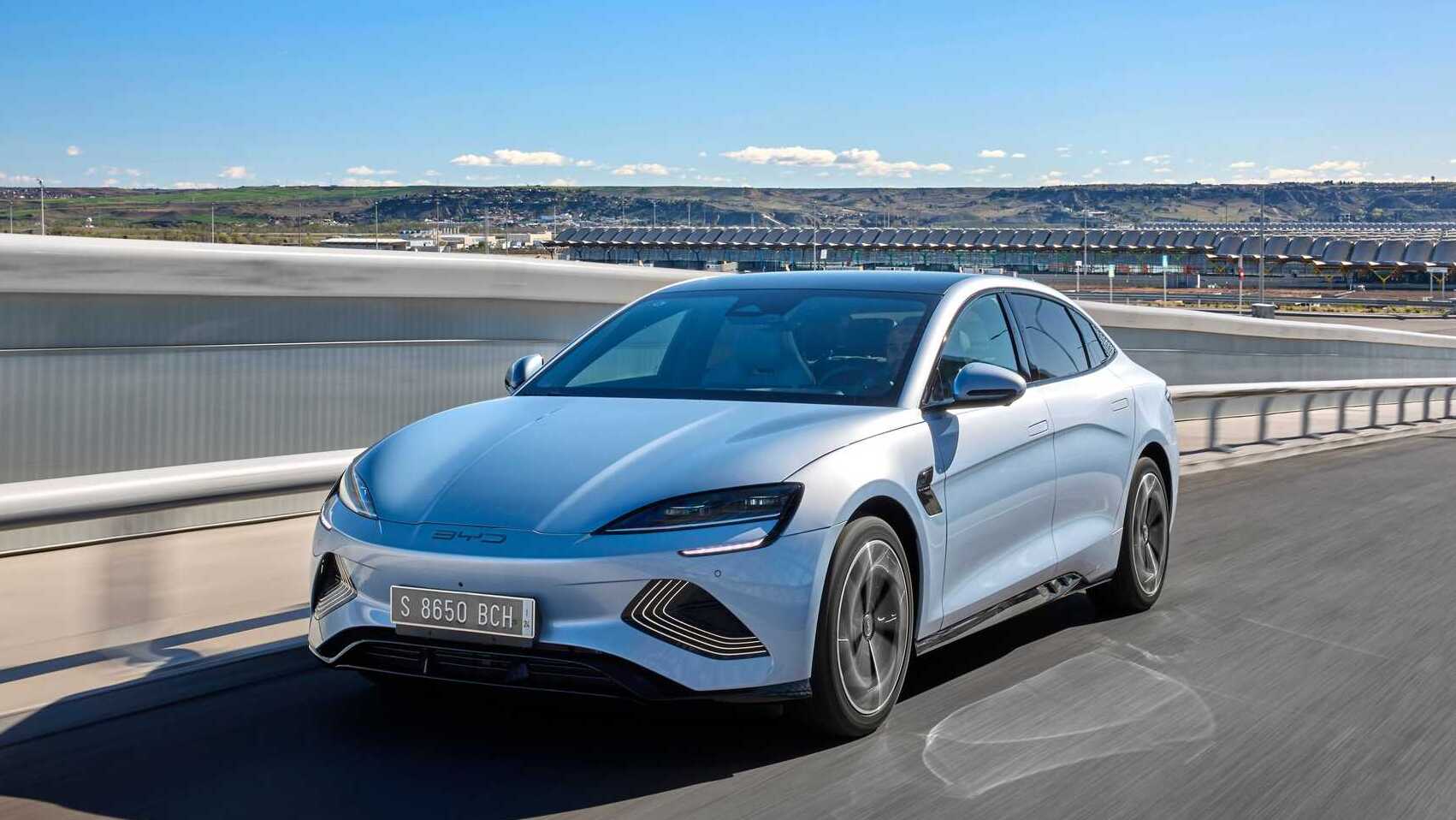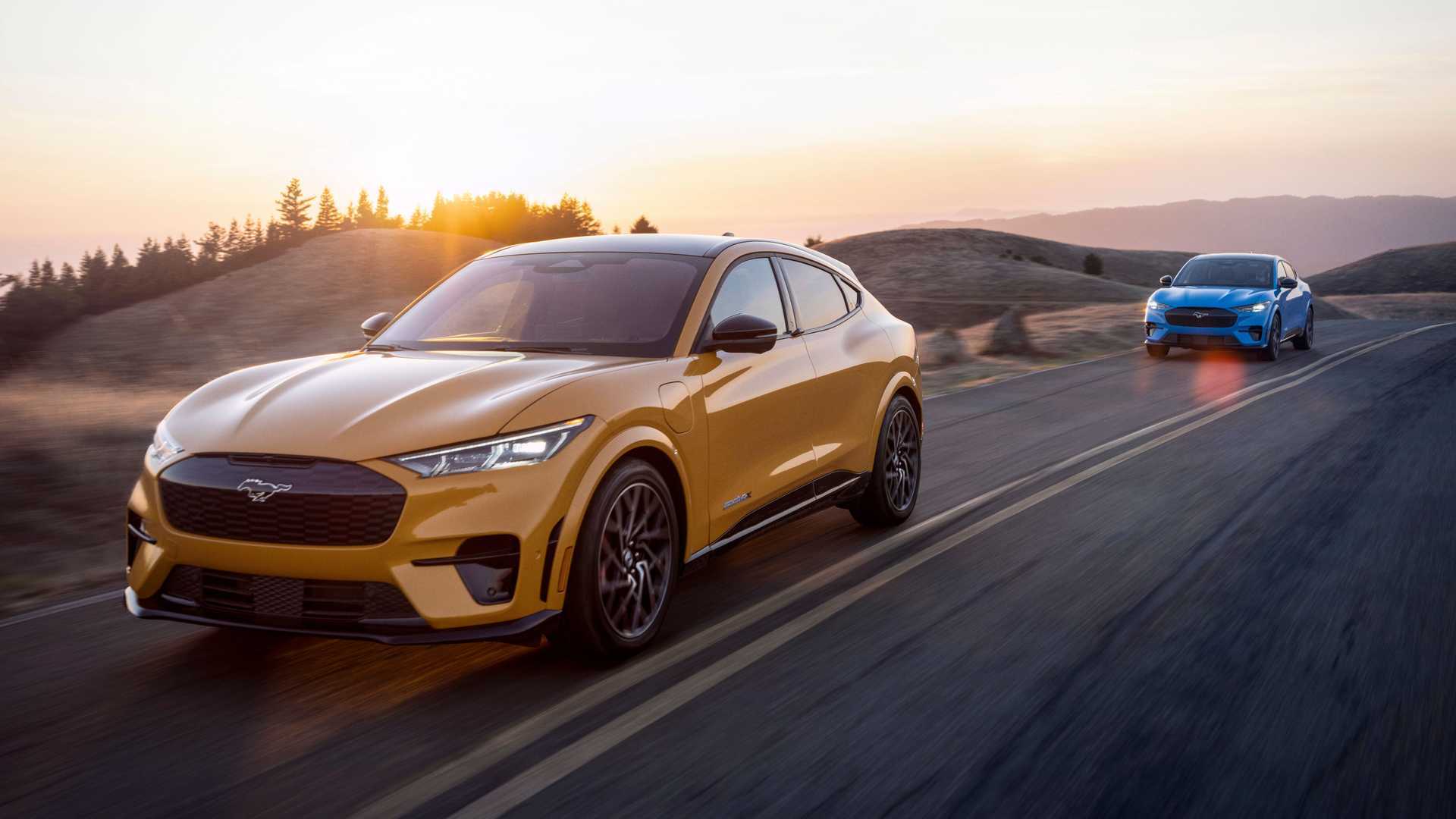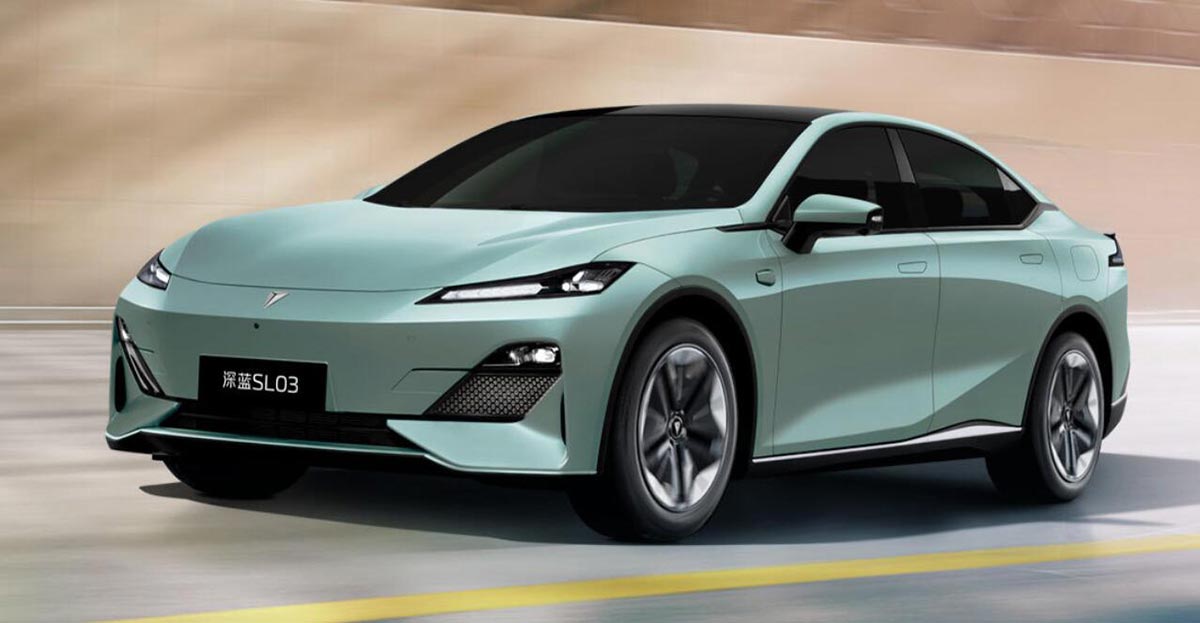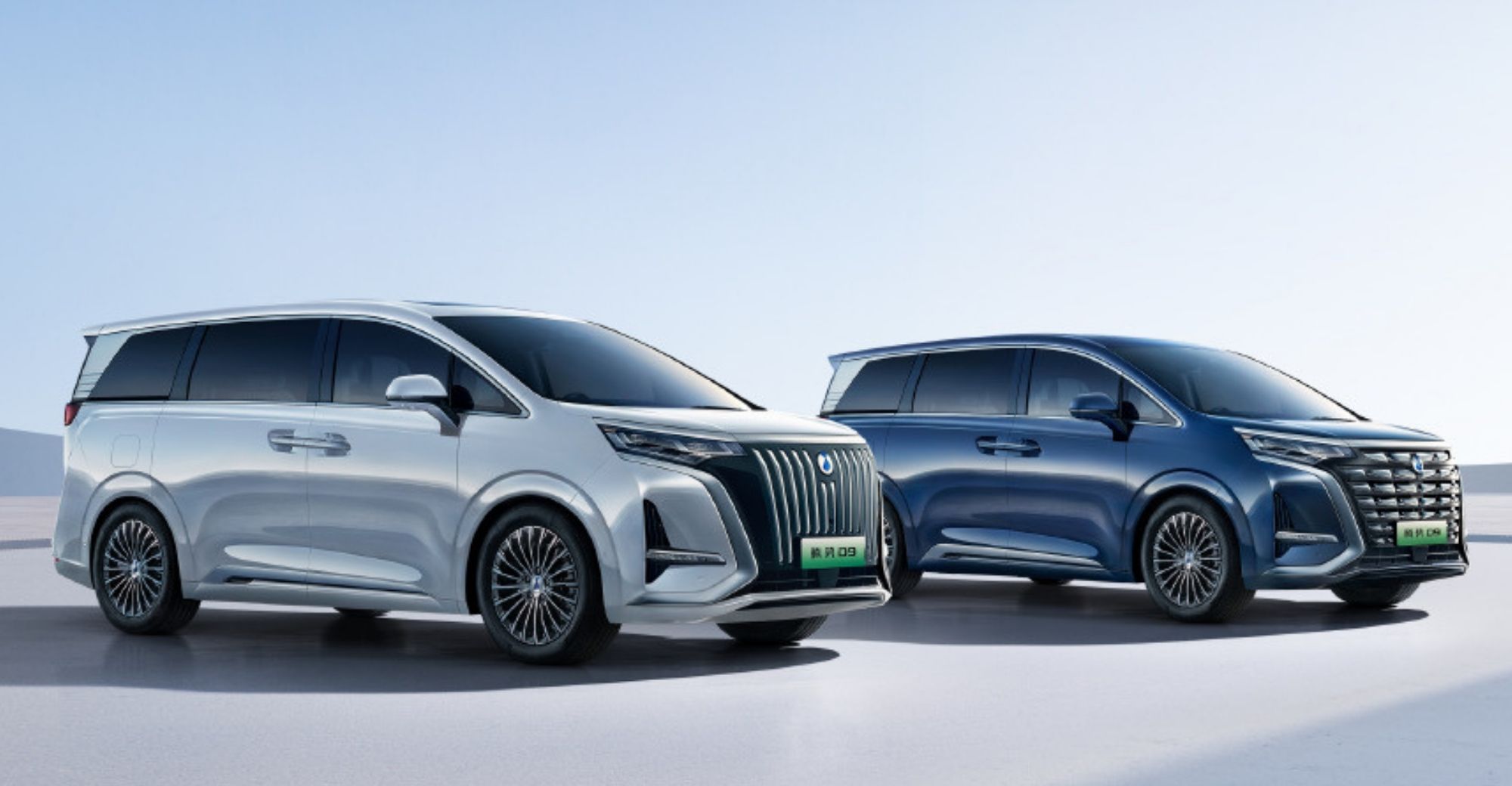The electric vehicle (EV) market is experiencing significant depreciation, prompting buyers to turn to the used car market for bargains. Notably, models like the Audi e-tron SUV, now renamed Q8 e-tron, and the Jaguar I-Pace, both once regarded as premium offerings, have seen substantial decreases in their pre-owned prices.
In 2020, the Audi e-tron lineup started at nearly $80,000 for the Premium Plus grade, reaching over $84,000 for the Prestige trim with the Sportback rear-end design. Similarly, the Jaguar I-Pace ranged from $71,000 to $82,000, depending on the model variant. However, early examples of both models are now available in the used market for less than $30,000, with some listings even below $25,000.
See also: Tesla’s Model 3 Retains Top Spot in US Used EV Sales, Model Y Follows
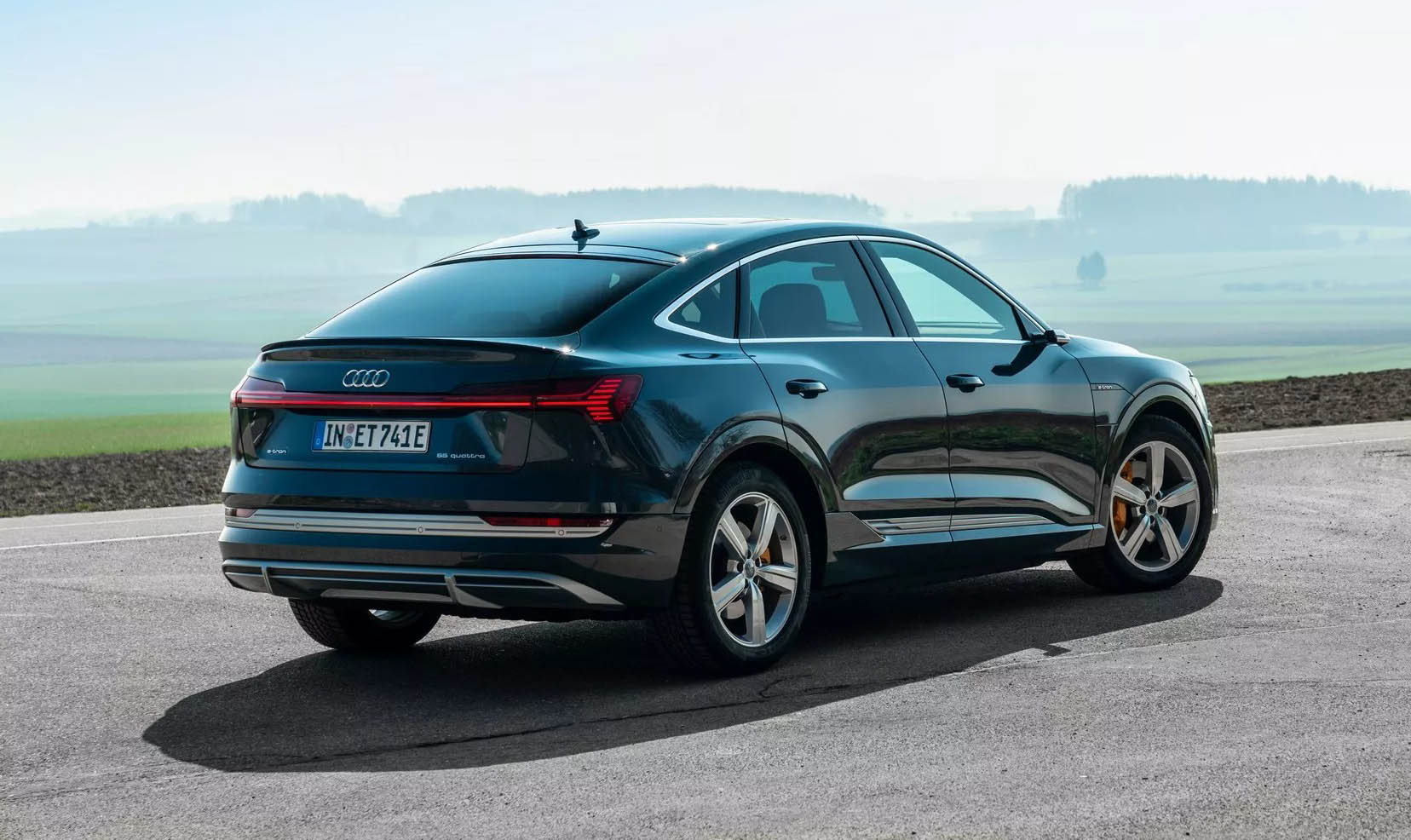
Despite positive reviews at launch, these models have experienced notable depreciation, far exceeding that of equivalent combustion models. For instance, a 2020 e-tron Premium Plus with 32,000 miles can now be found for around $32,500, whereas a 2020 Q7 Premium Plus with similar mileage is priced similarly despite costing $20,000 less when new.
While both the e-tron and I-Pace were acclaimed by reviewers, they face challenges in the used market due to their age and limitations compared to newer EVs. Factors such as charging speeds and driving range, which fall short compared to more recent models, contribute to buyer hesitance despite battery warranties extending up to eight years or 100,000 miles.
See also: Hyundai Expands Certified Used Car Business to Include Electric Vehicles
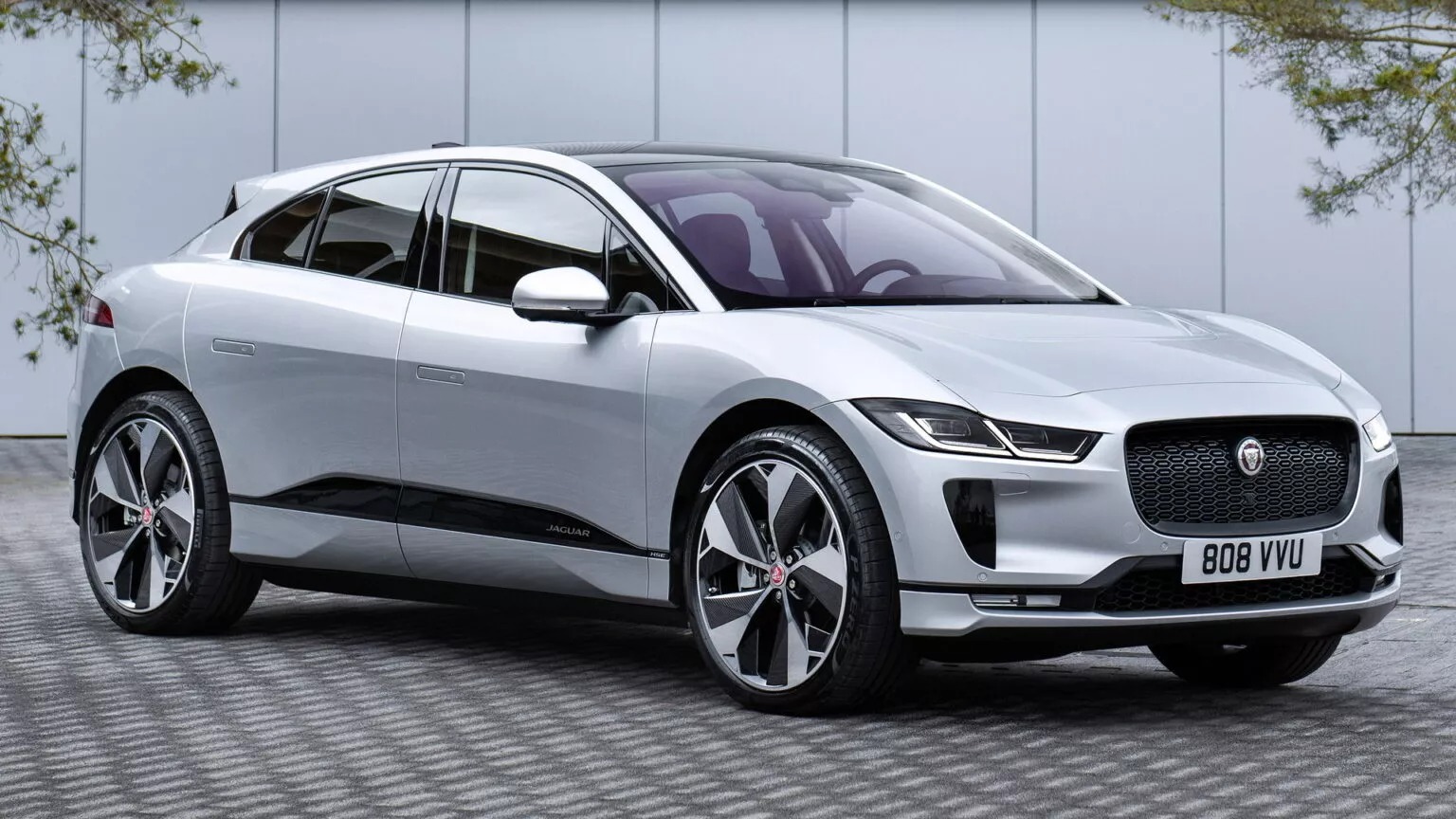
However, with potential tax credits available on used EVs, such as those offered by Audi and potentially Jaguar, the perceived value of these older models may increase. Yet, the emergence of newer, more competitively priced EVs like the 2024 Tesla Model Y, with improved range and affordability, poses additional challenges for the resale value of older EVs.

